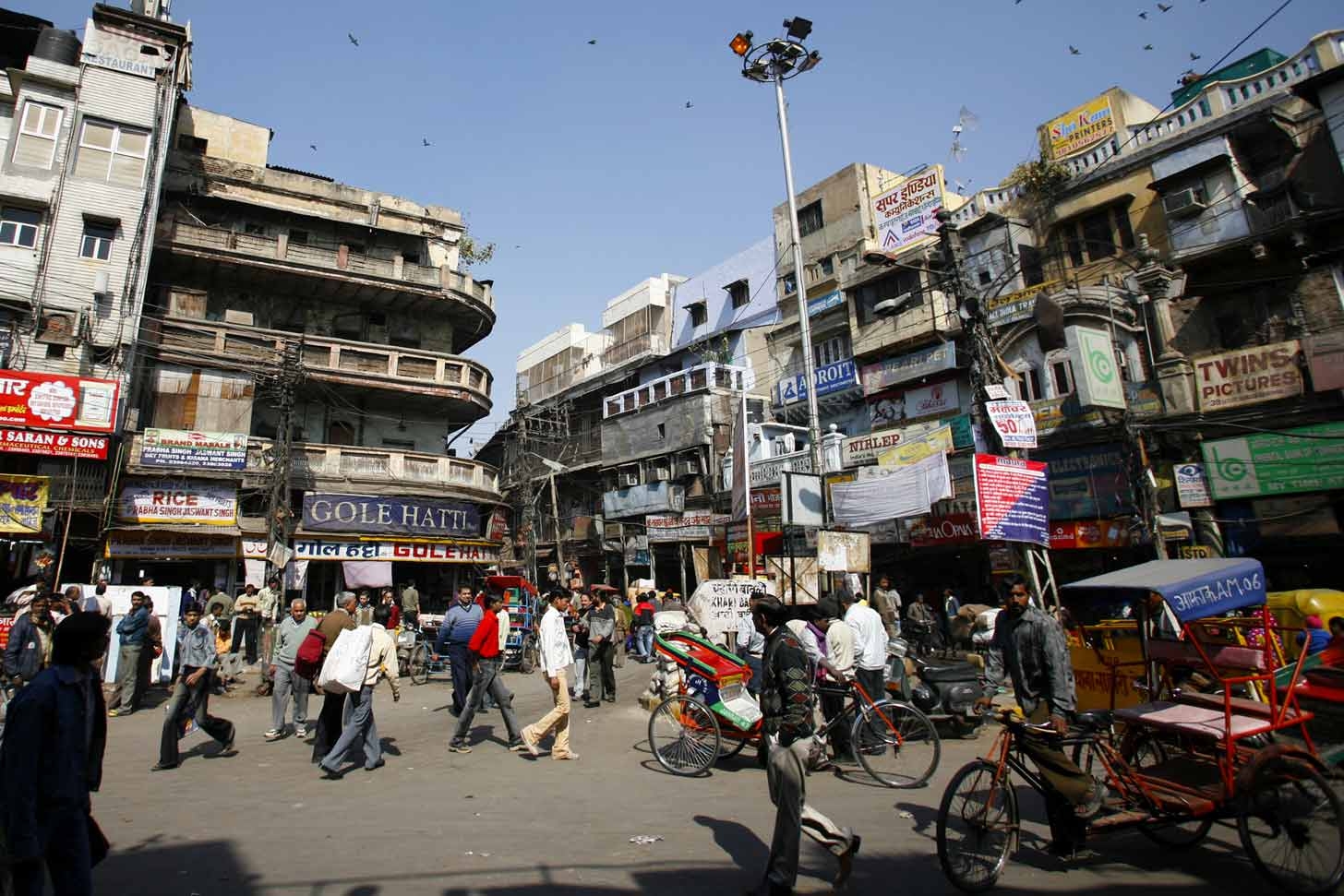The things that make travel exciting can also be the most trying. Dr. Mark Wise shares his advice on how to even out the bumps.
Volunteering for six months or more in a less developed country might seem like an idyllic adventure, but in reality, living and working in conditions you’re not used to for an extended period of time can cause major stress.
It’s not likely to be the same stress you experience at home, where you may get aggravated by the traffic, discouraged by the snow and slush, and fatigued by the frenetic pace of life. Overseas, things are different. For one thing, the pace is often much slower. In fact, you may begin to wonder if anything ever gets done. As well, the heat may be unbearable, the language unintelligible…and the food inedible!
It’s unlikely to be that difficult, but regardless, you may need some coping strategies to even out the inevitable bumps in the road.
The switch to the local life and customs may be stressful and create anxiety, frustration and even depression. You are like a fish out of water.
Over the years, I have found that emotional problems suffered by volunteers may be just as important as their physical problems, like diarrhea and malaria. However, like at home, we are less inclined to admit to or discuss our emotional problems. So how can we cope?
Firstly, understand that culture shock may happen to you. This condition is a bit like diarrhea or motion sickness; not everyone gets it, and not everyone experiences it at the same rate or to the same degree. But you should be prepared for it, just in case.
Classically, there are three stages to culture shock:
The Honeymoon Stage
“Gee whiz, isn’t this a great country. Everyone is so friendly. I love the food. The placement looks interesting. I’m so glad I volunteered.” This stage may last from weeks to months, depending upon the length of your placement.
The “Oy vey, what am I doing here?” Stage
“I can’t stand the weather. The food is monotonous. I’ll never learn Swahili. My colleague is harassing me. I miss my boyfriend. I wanna go home.” Hopefully this stage is brief.
The “I Wish I didn’t have to leave” Stage
“I love it here – the people, the culture, the pace of life, my job… even the food. Do I have to go home?” Many people come back for more!
Moving to a different country, culture and way of life often involves giving up many of the things to which you have grown accustomed—such as the food; clean water; your friends, family and dog; an infinite selection of bagels and coffee; high speed Internet access; English and much more. The switch to the local life and customs may be stressful, and create anxiety, frustration and even depression. You are like a fish out of water. (Actually that fish is probably a lot worse off than you are!) Be aware that this may happen, and look for ways to maintain your mental health.
Consider any or all of the following suggestions:
- Realize that culture shock, or just plain old anxiety and depression, may occur.
- Learn as much as you can about the country that you are visiting. Hopefully pre-departure training is offered by the organization sending you abroad.
- Take time to acclimatize to the jet lag, the food, the heat and the job. You don’t have to change the world in your first week!
- Commit yourself to learning the local language.
- Develop a social life—hopefully one that involves the local people as well as expatriates. Get involved with the local community.
- Keep in touch with your family and friends back home—e-mail and phone cards are minor miracles! Solicit snail mail and care packages.
- Don’t lose sight of your personal goals. Keep those goals realistic. Be patient…really patient!
- Take along some special treats for yourself. While it may be admirable to adopt the local lifestyle, remember, you are a Westerner volunteering. You are entitled to your culture too. Take along pictures of your family and friends, an iPod with four billion songs, chocolates for Christmas, and some chicken soup for when you are sick.
- Find a time and place for some privacy.
- Be proactive about your health. Be conscious of maintaining proper rest, hygiene, diet and relaxation. Practice yoga, meditation and get your exercise.
- If you think you need help, ask for it.
- Maintain your sense of humour. There will be many situations that, if you don’t laugh about them, you’ll have to cry!
George Bernard Shaw once said, “I dislike feeling at home when I am abroad.” And Clifton Fadiman (whom I have never heard of) said, “When you travel, remember that a foreign country is not designed to make you comfortable. It is designed to make its own people comfortable.”
And I say, “Slow down and enjoy the best time of your life!”
Mark Wise is a family doctor in Toronto, specializing in travel and tropical medicine. He is the director of The Travel Clinic and acts as medical advisor to numerous NGOs and is on the board of Canadian Feed the Children. He has travelled to most of the places where you might consider volunteering.
Related Articles:
Dampening Culture Shock on the Flight
3 Ways to Reverse Culture Shock
Finding Posivity Across the Globe
6 Ways to Combat Homesickness










